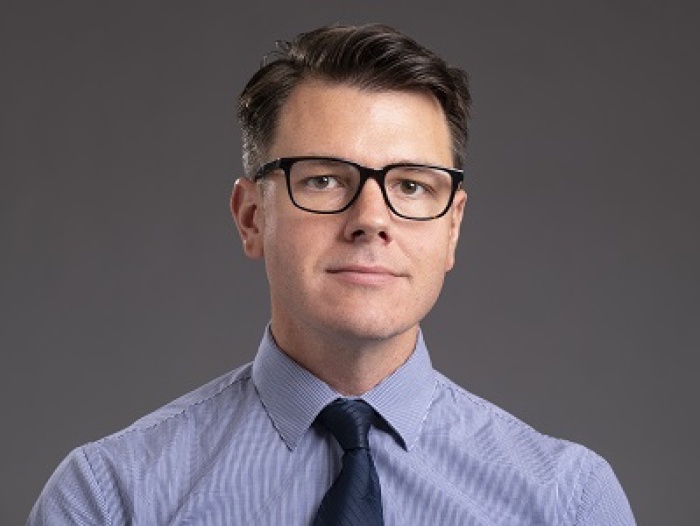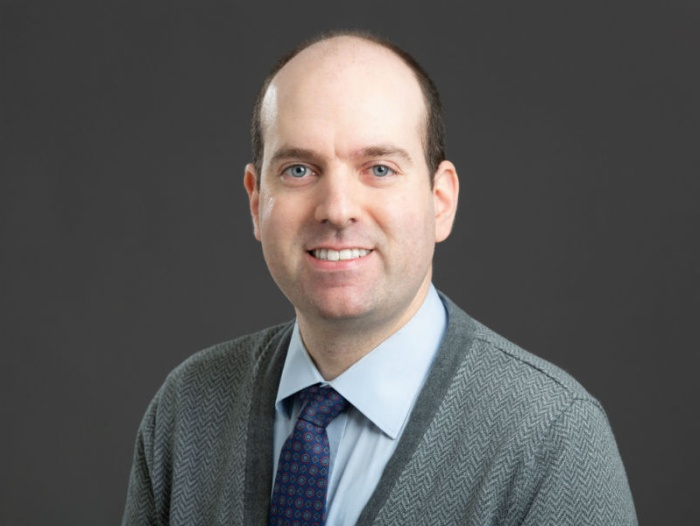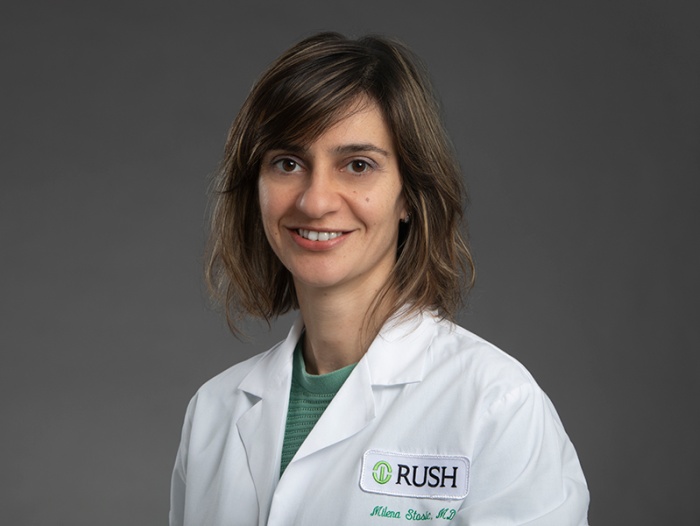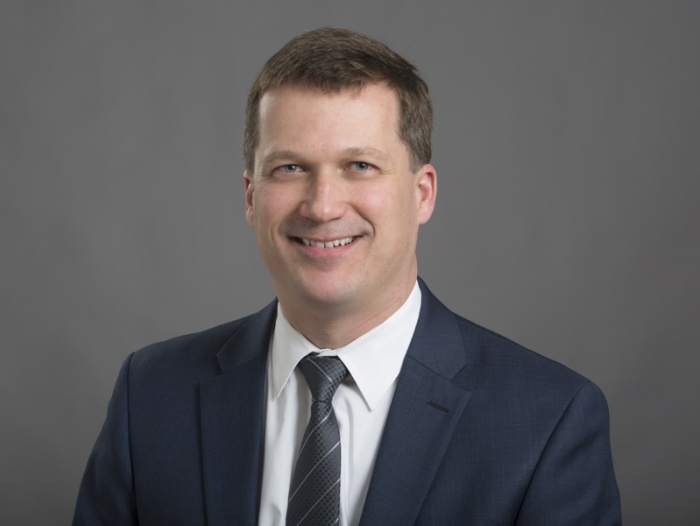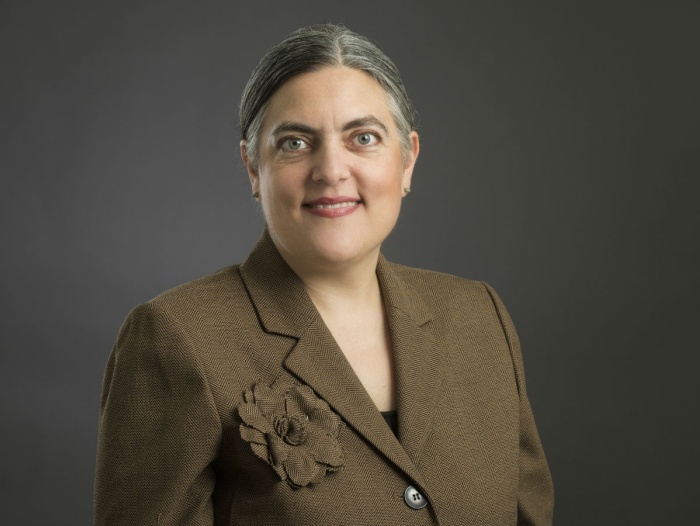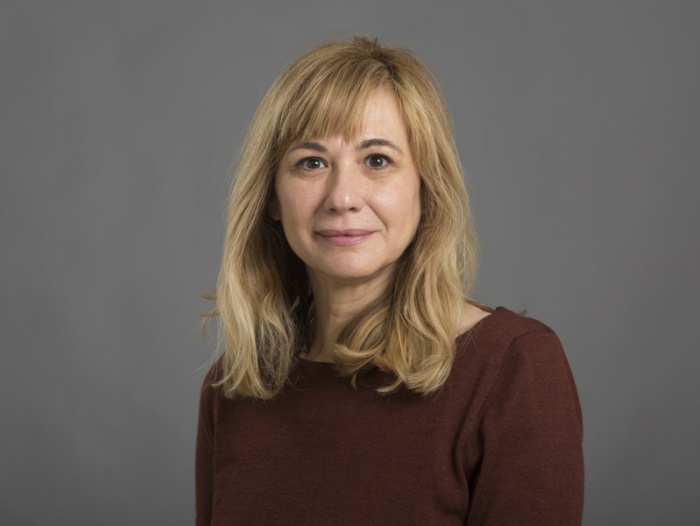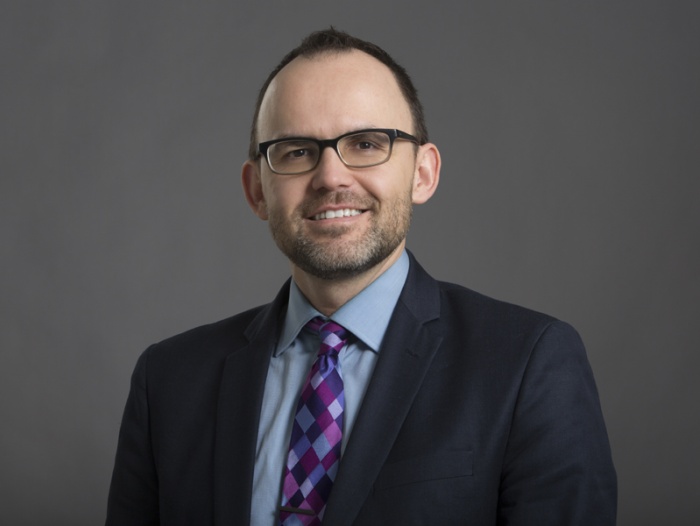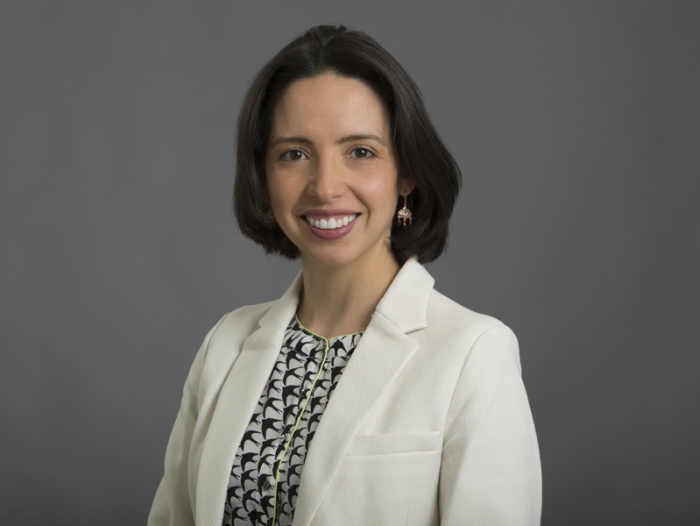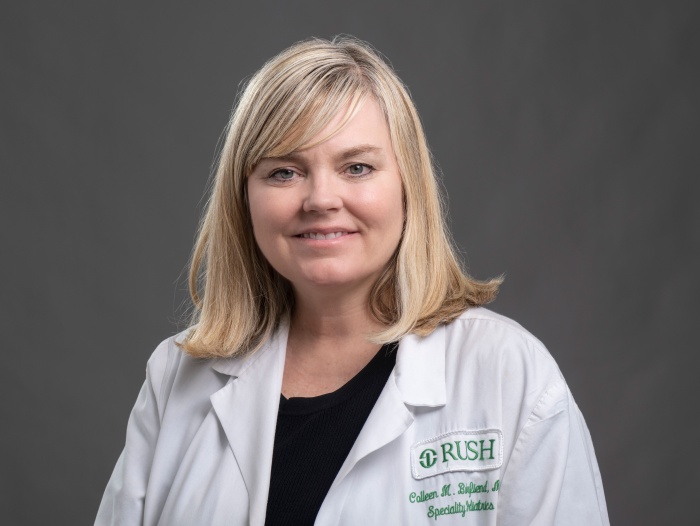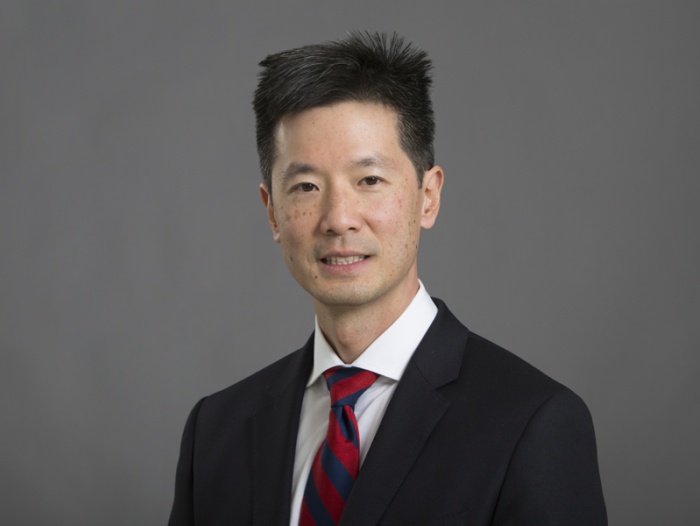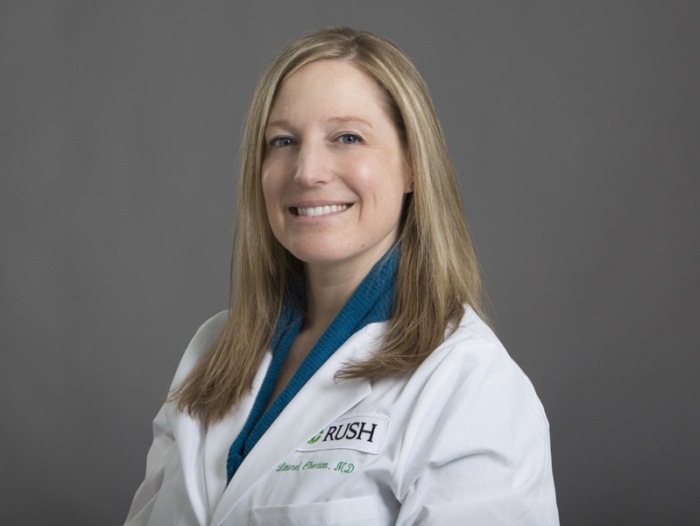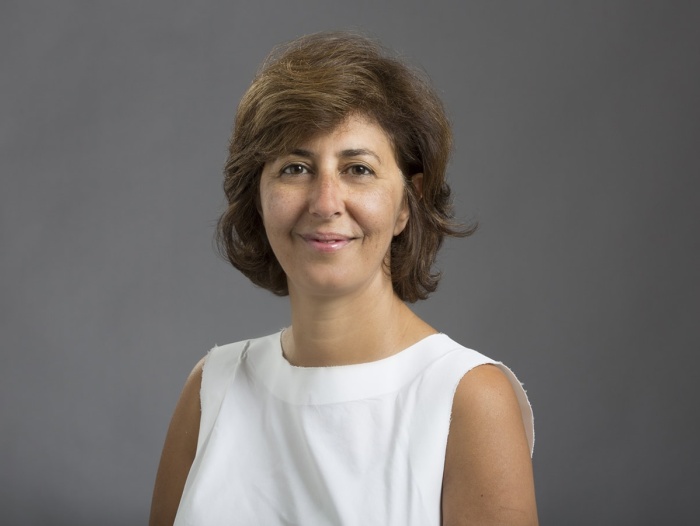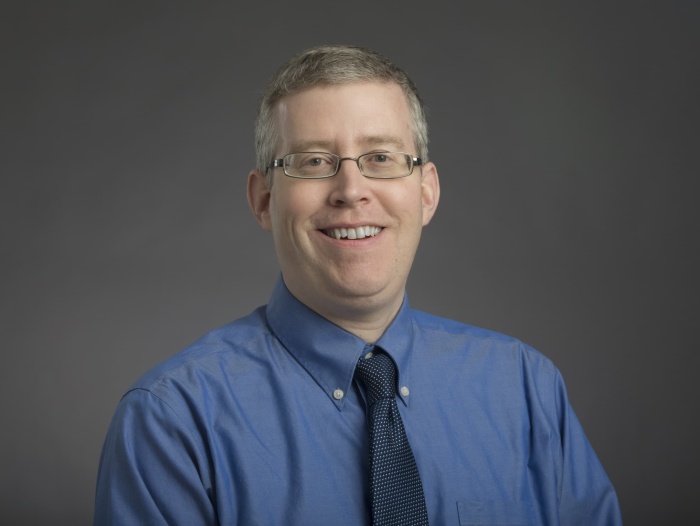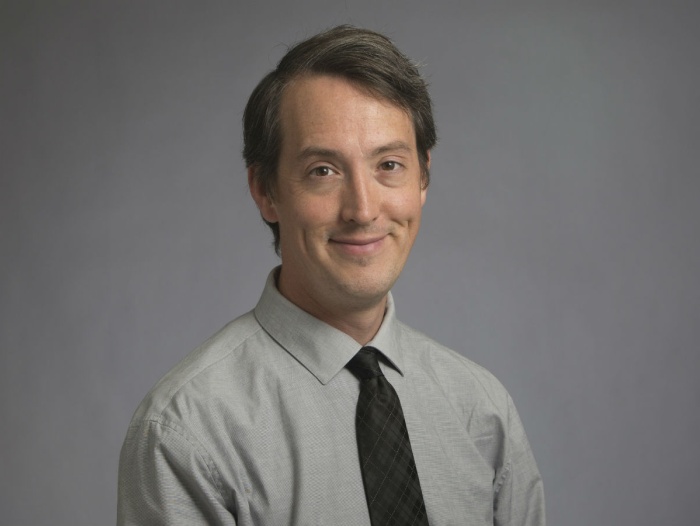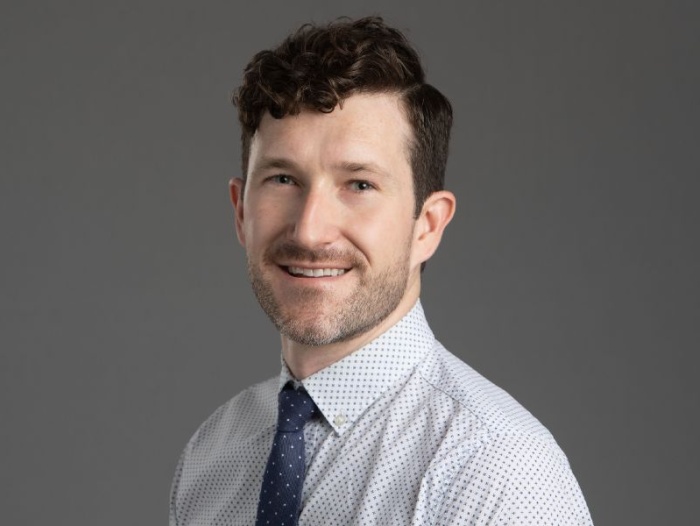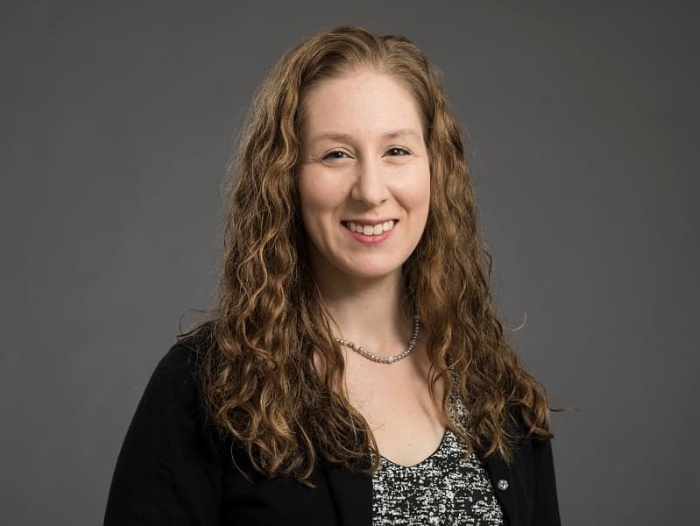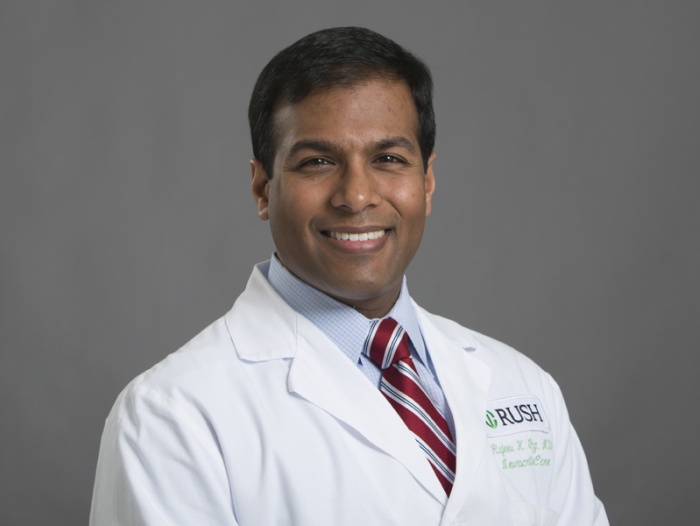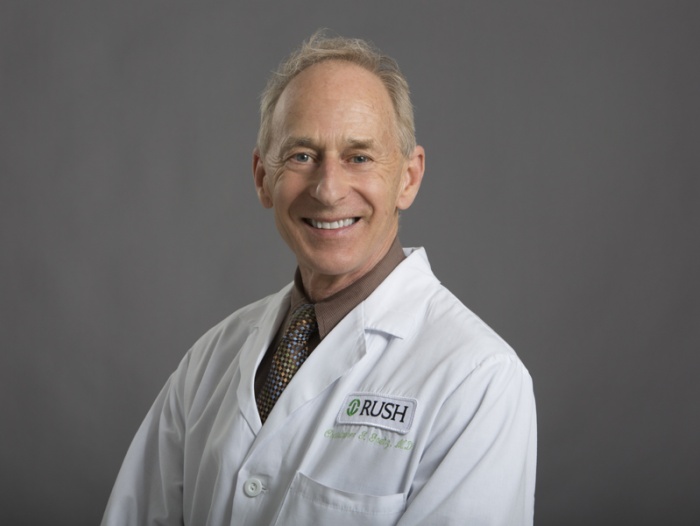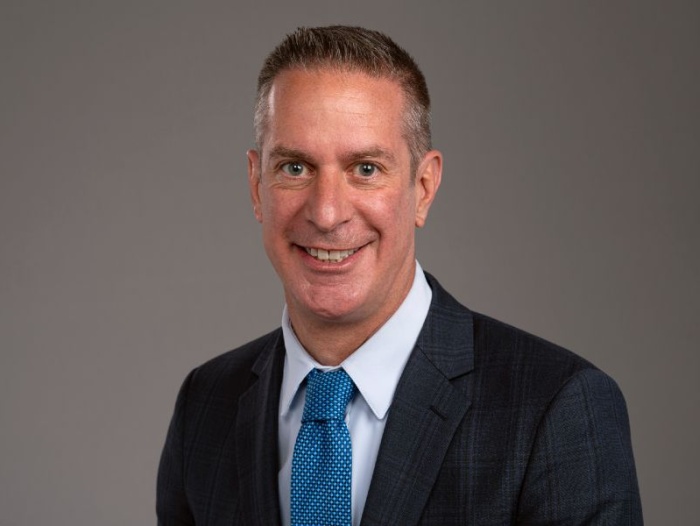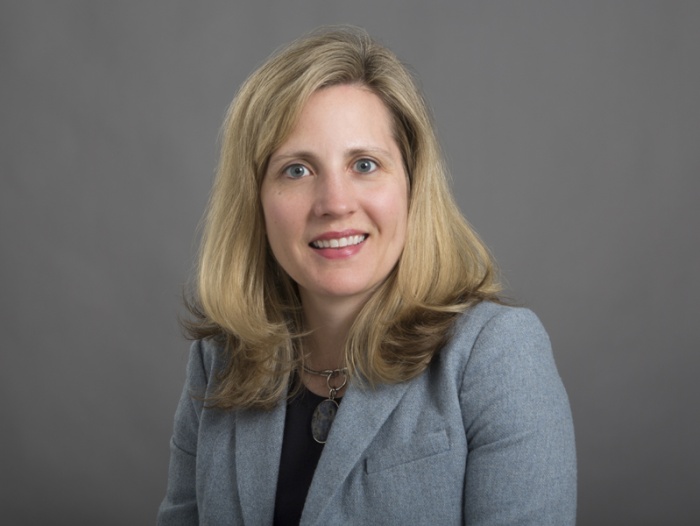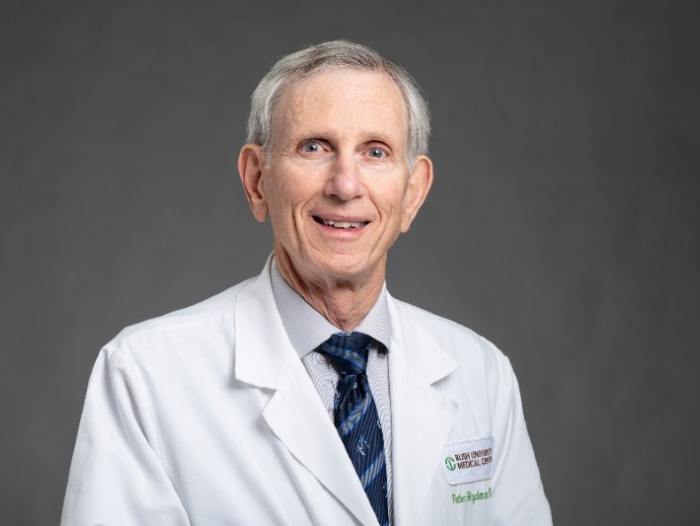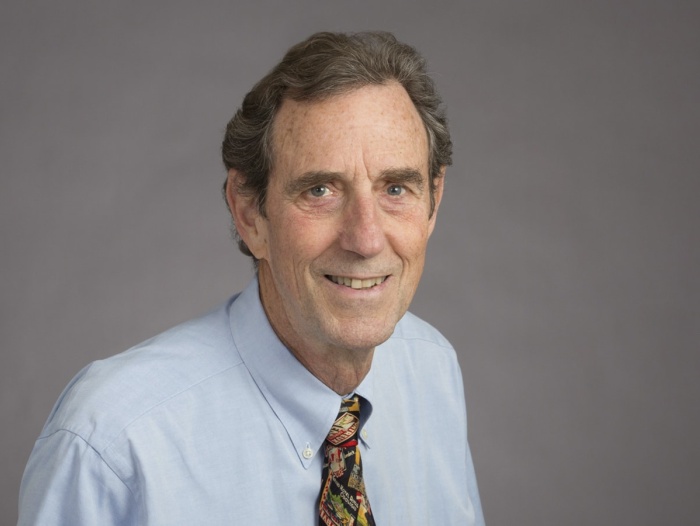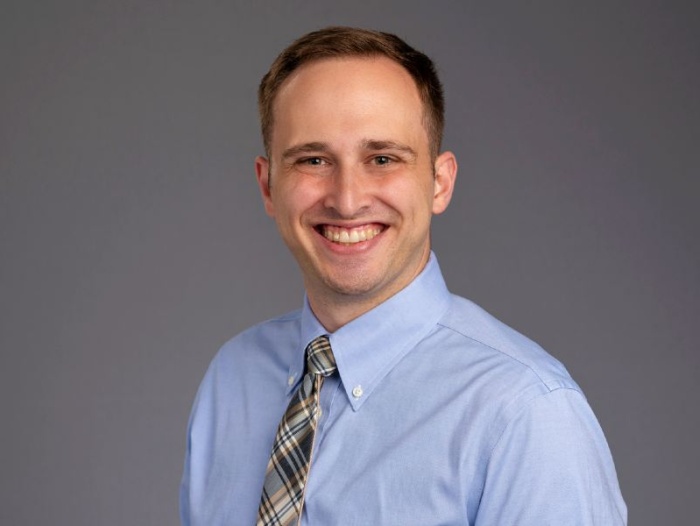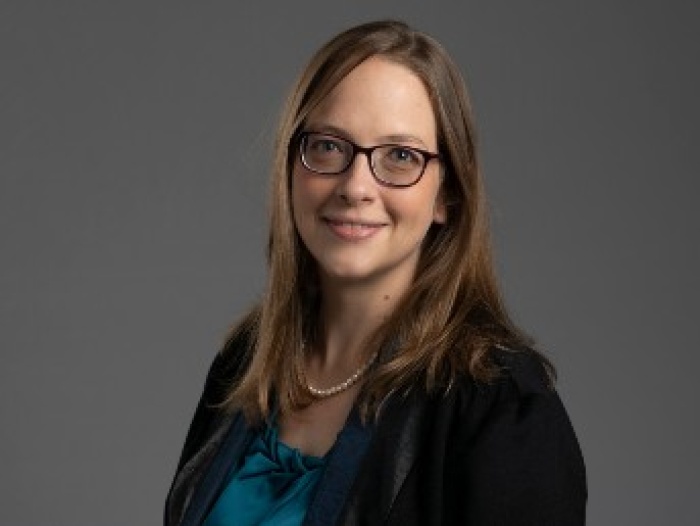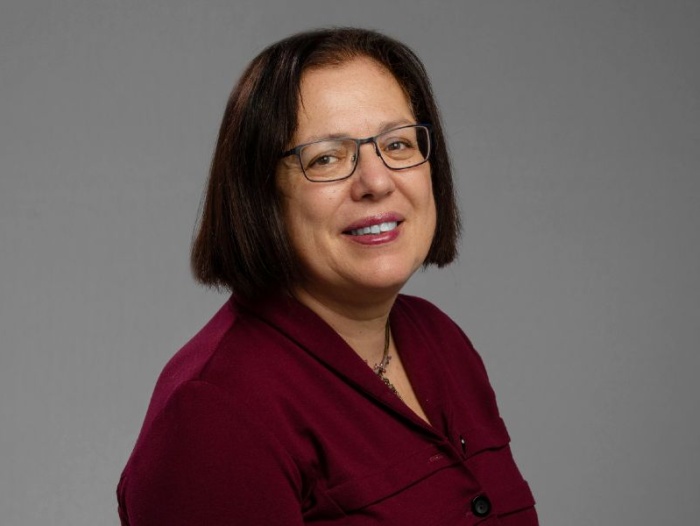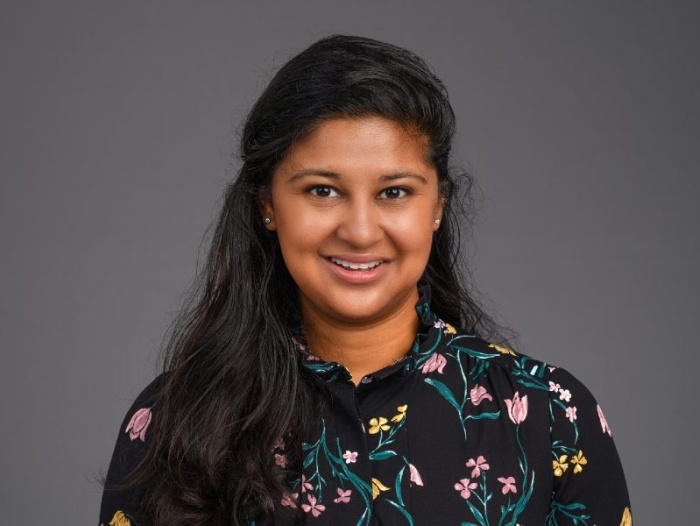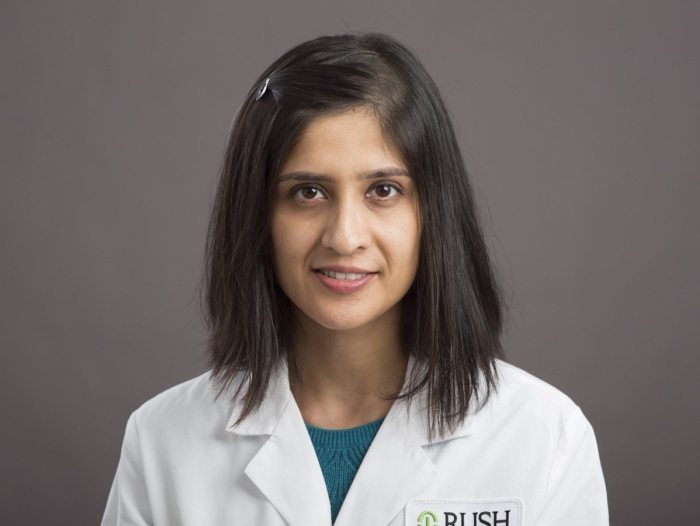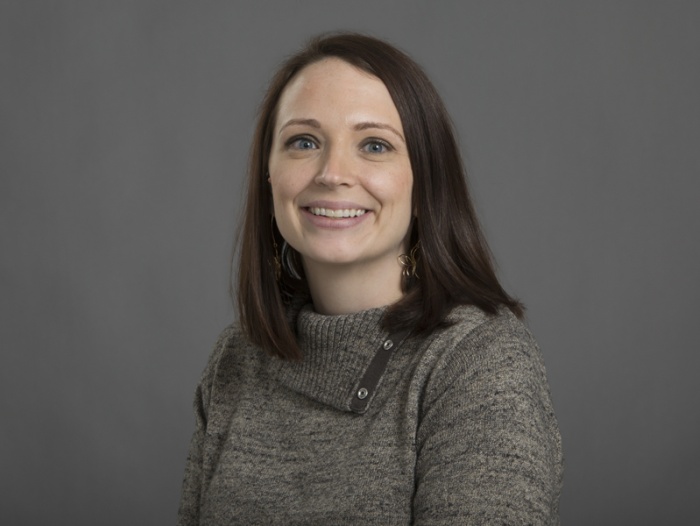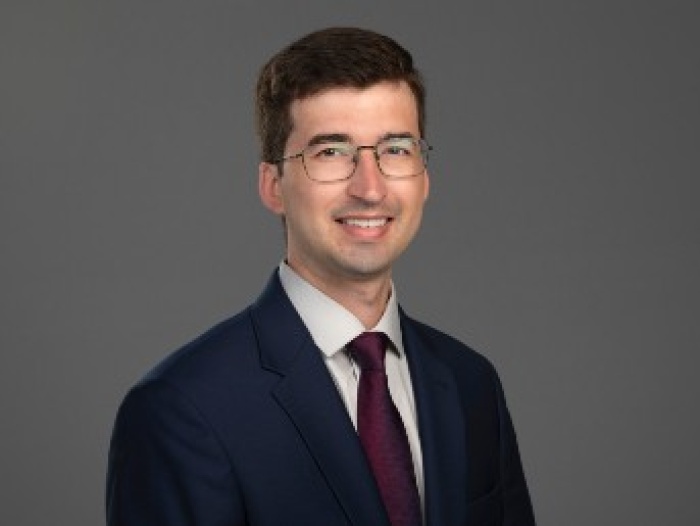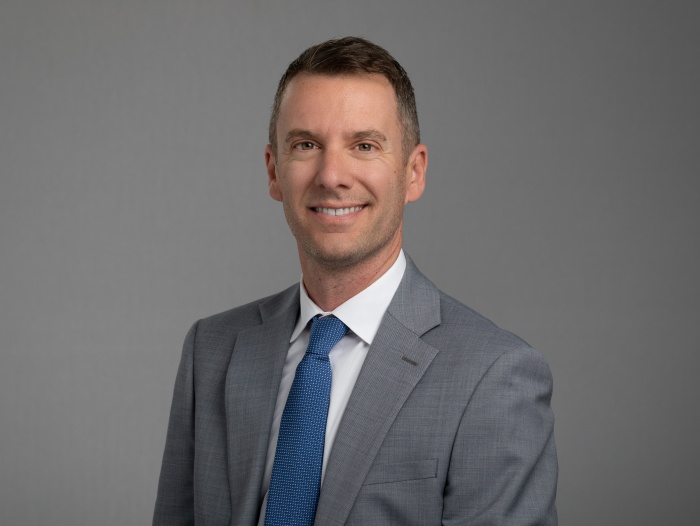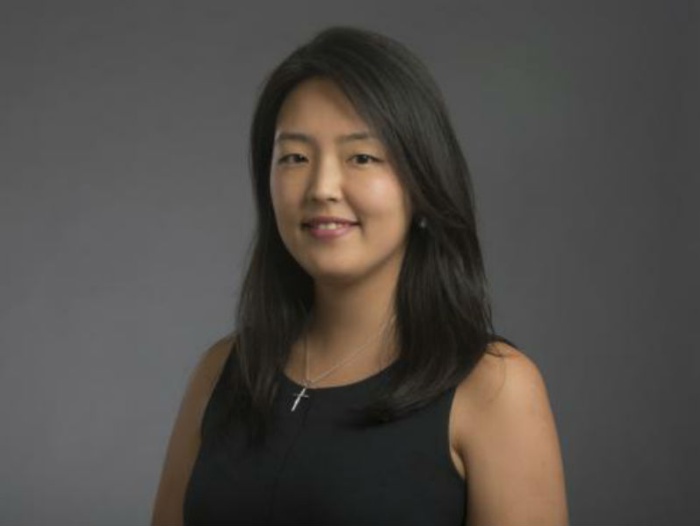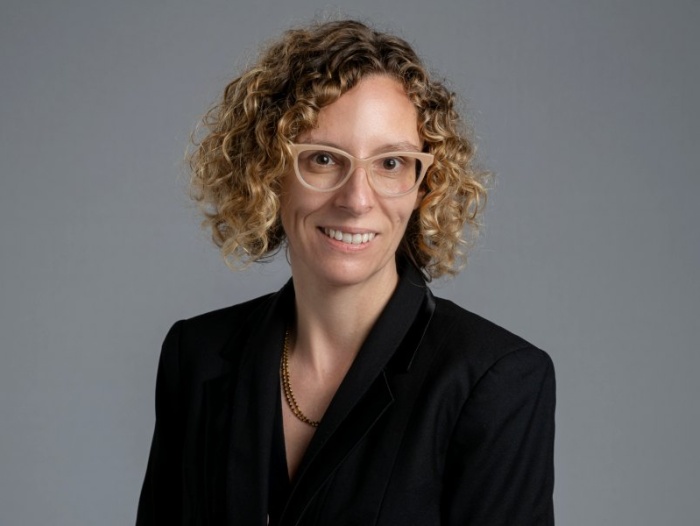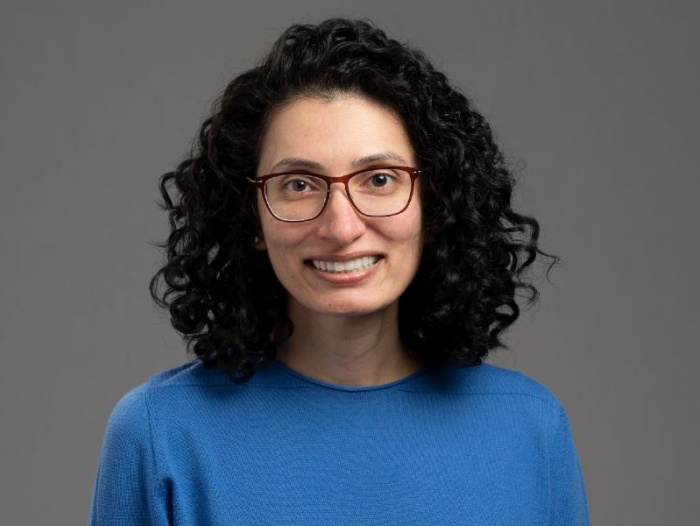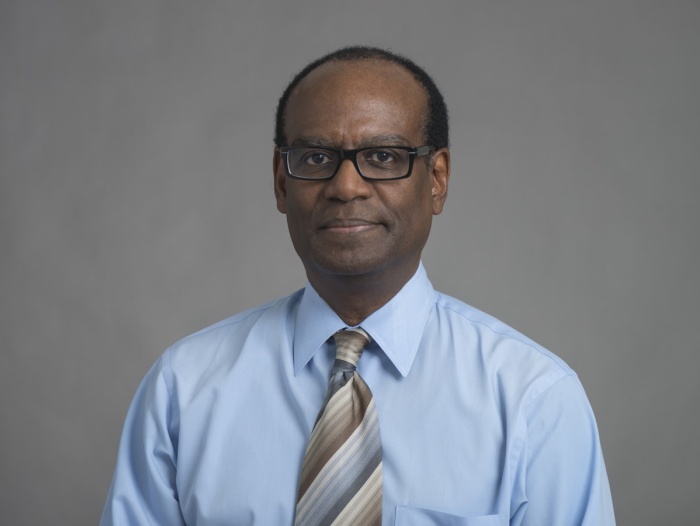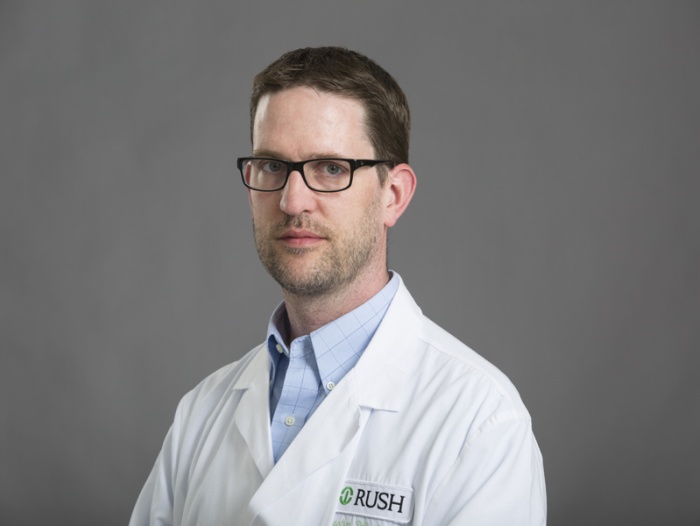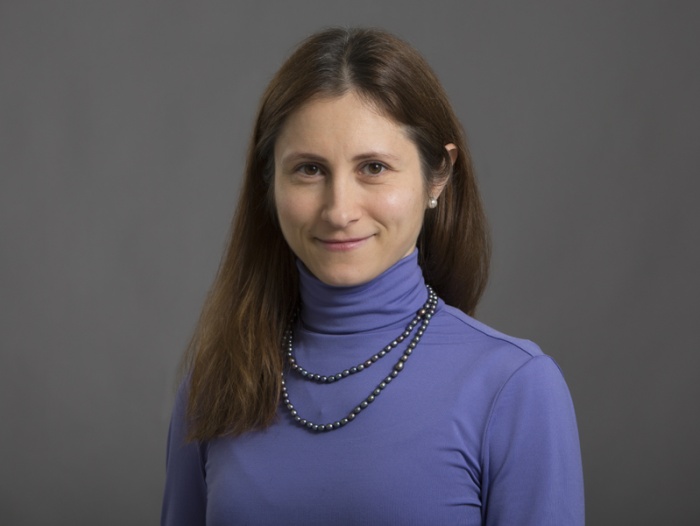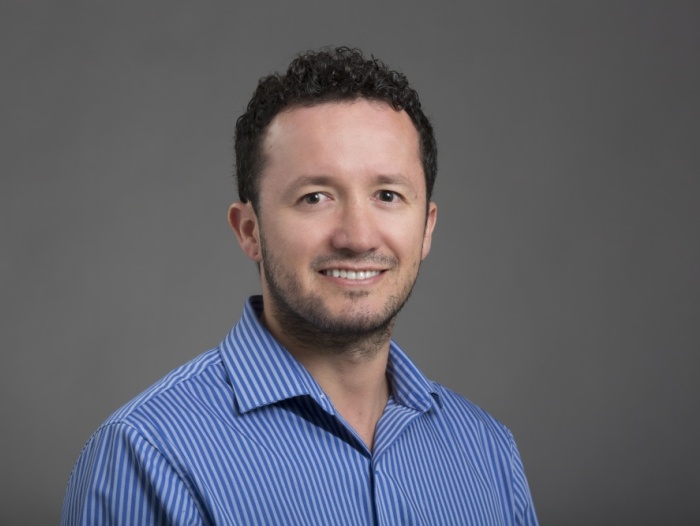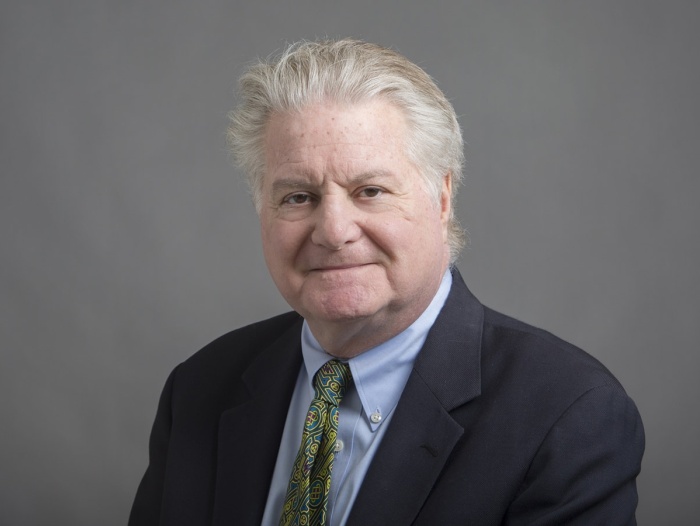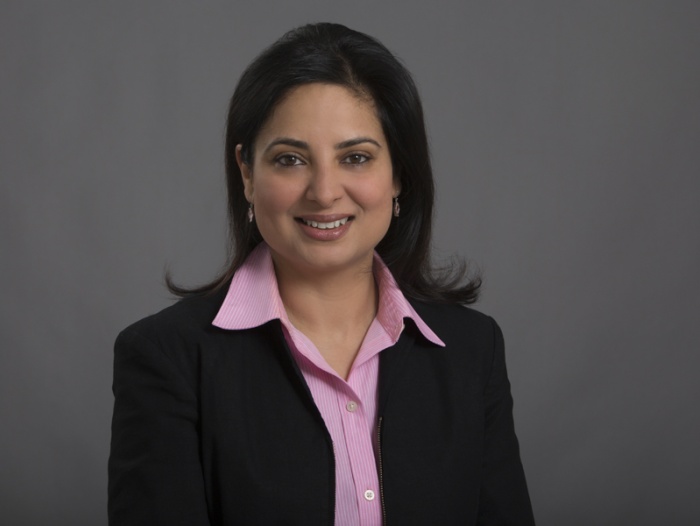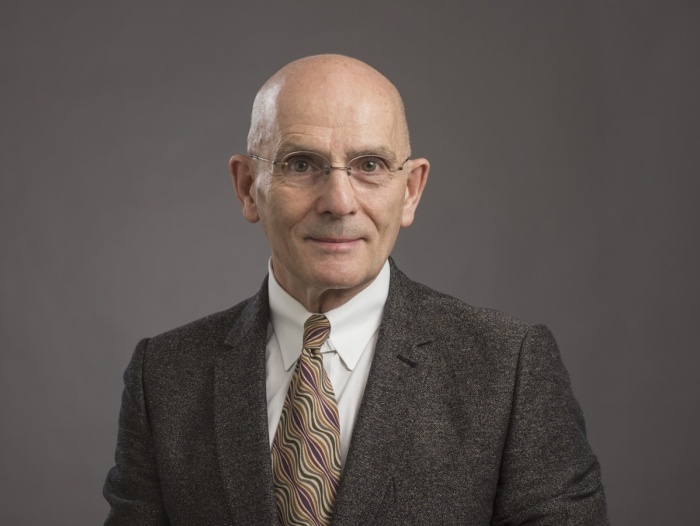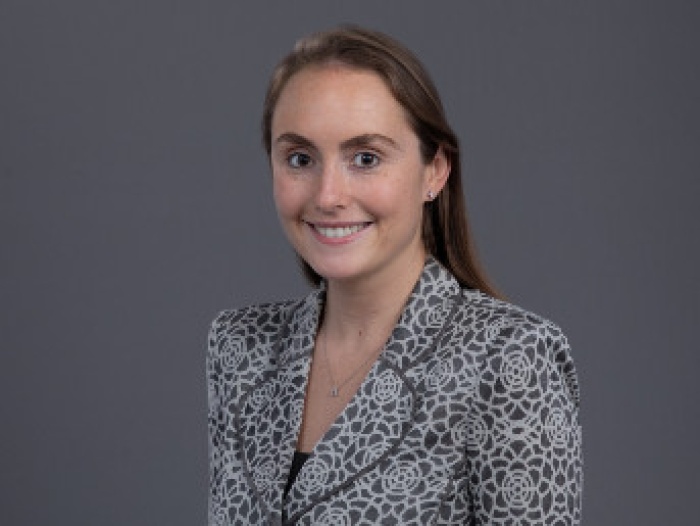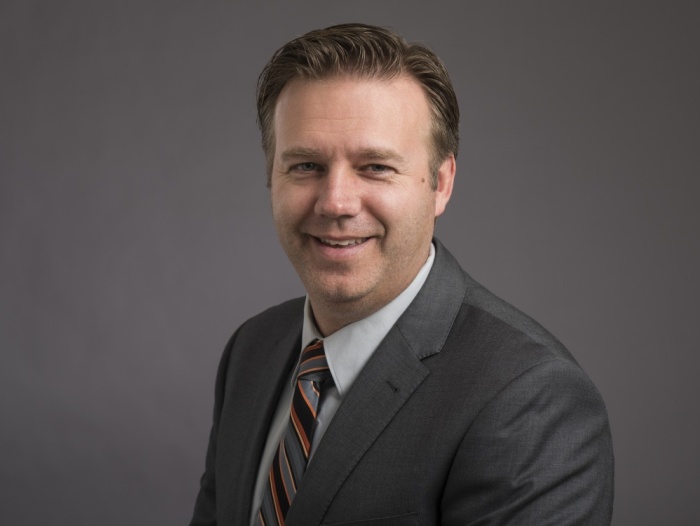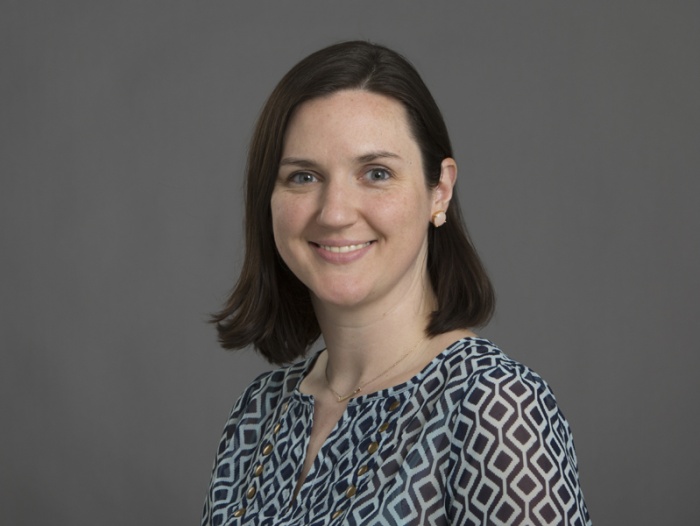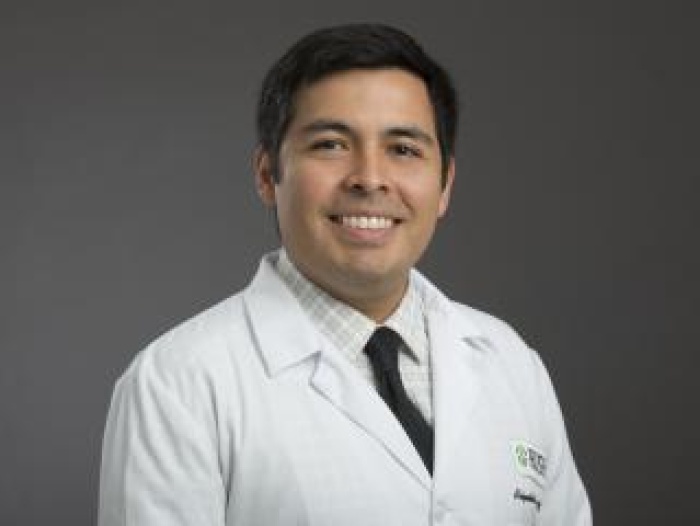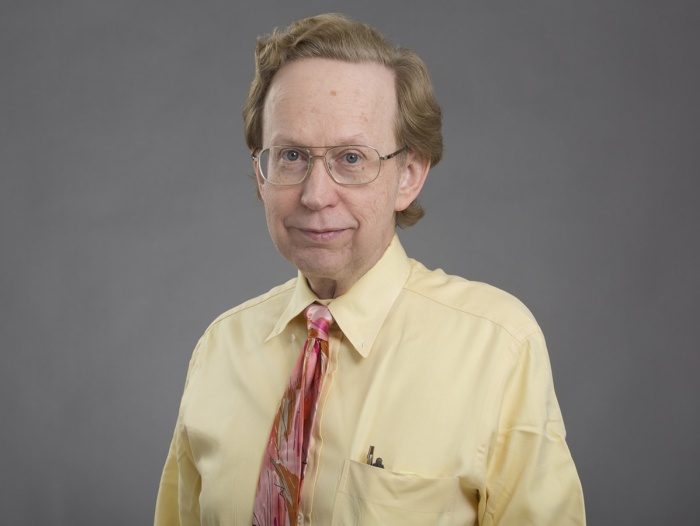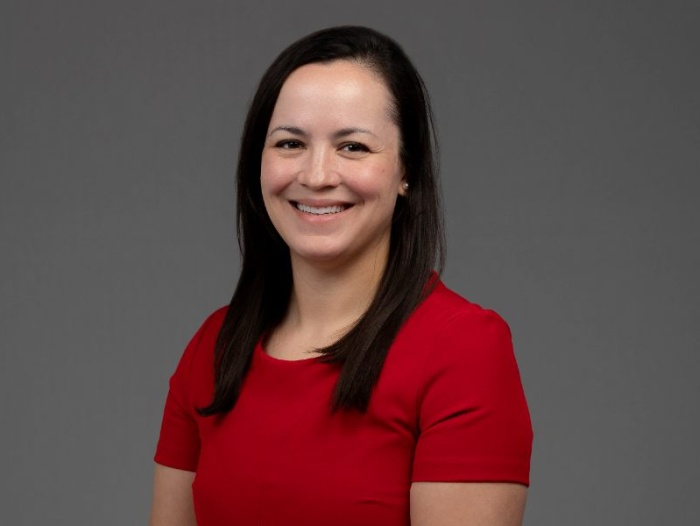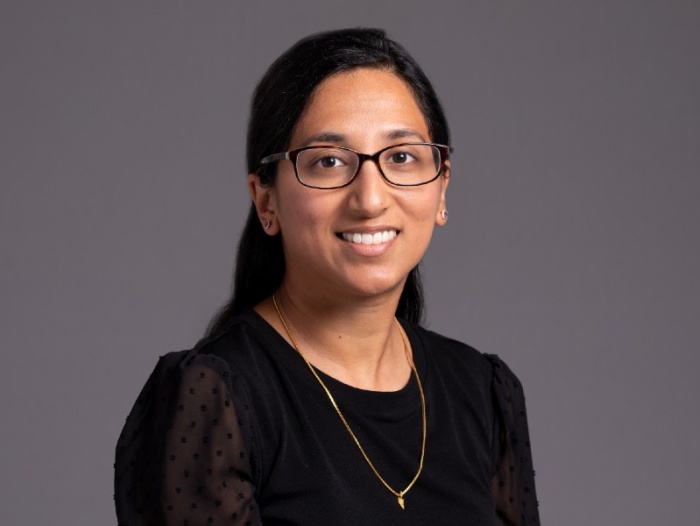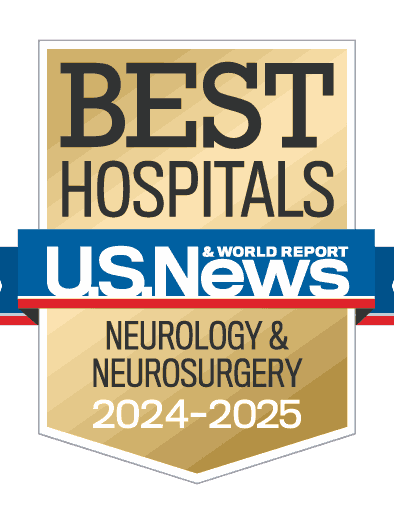
Among the Best in the U.S. for Neurology and Neurosurgery
Rush University Medical Center has again been named one of the nation’s top hospitals, securing a spot on U.S. News & World Report’s prestigious Best Hospitals Honor Roll for the fifth straight year, and was ranked No. 7 in the nation for Neurology and Neurosurgery.
Welcome to the Rush University Medical Center Neurology Residency. We're excited to be your mentors, guides, and advocates as you navigate the start of your career as a neurologist. Our mission is to graduate clinically excellent neurologists, dedicated to leadership of their communities through lifelong education and outstanding patient care. We strive to balance this with opportunities for academic pursuits as well as a culture of well-being.
Residents build skills in clinical inpatient and outpatient neurology while being supervised by more than 55 full-time faculty clinical neurologists (and a total of more than 70 faculty) at Rush University Medical Center and John H. Stroger, Jr. Hospital of Cook County. The Department of Neurological Sciences at Rush consists of 12 divisions and centers devoted to the clinical care and investigation of neurologic disorders, including cerebrovascular disease, epilepsy and clinical neurophysiology, general neurology, movement disorders, multiple sclerosis, neurocritical care, neuroimmunology, neuromuscular medicine, neuro-oncology, neuro-ophthalmology, pediatric neurology, and the Rush Alzheimer's Disease Center.
Residency highlights include the following:
- Inpatient neurology rotations (including consult service, general neurology, epilepsy monitoring unit, stroke, and neurocritical care) in the state-of-the-art inpatient Tower at Rush
- Neurology consult service at John H. Stroger, Jr. Hospital of Cook County
- Pediatric Neurology and Psychiatry rotations at Rush
- A well-organized and well-run continuity clinic at Rush in various subspecialty clinics including Epilepsy, General Neurology, Headache, Neuroimmunology, and Stroke
- Participation in daily noontime didactics, case conferences, and lectures
- Exposure to a variety of subspecialities in neurology during all 4 years of training
The residency will also help you build a sound foundation in research methodology through participation in research projects.
We are committed to helping you develop any and all career paths while having fun during training, whether you're looking for a subspecialty fellowship, developing research interests, planning a career as a teacher and educator, or becoming a well-rounded general neurologist.
Thomas Shoemaker, MD
Neurology Residency Program Director
Assistant Professor of Neurological Sciences
Division of Multiple Sclerosis
Neurology Residency Associate Program Director
Associate Professor of Neurological Sciences
Division of Neuromuscular Medicine
- The Jean Schweppe Armour Professor of NeurologyDepartment of Neurological Sciences

